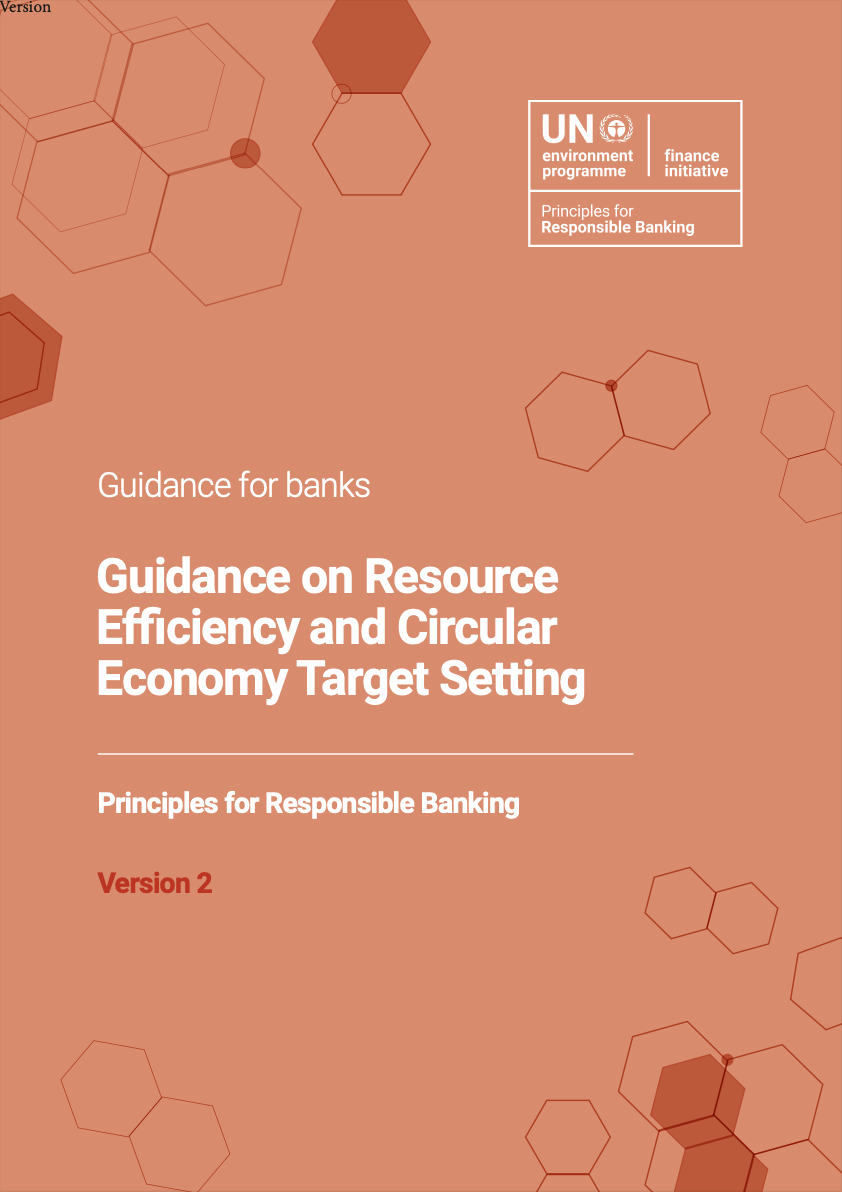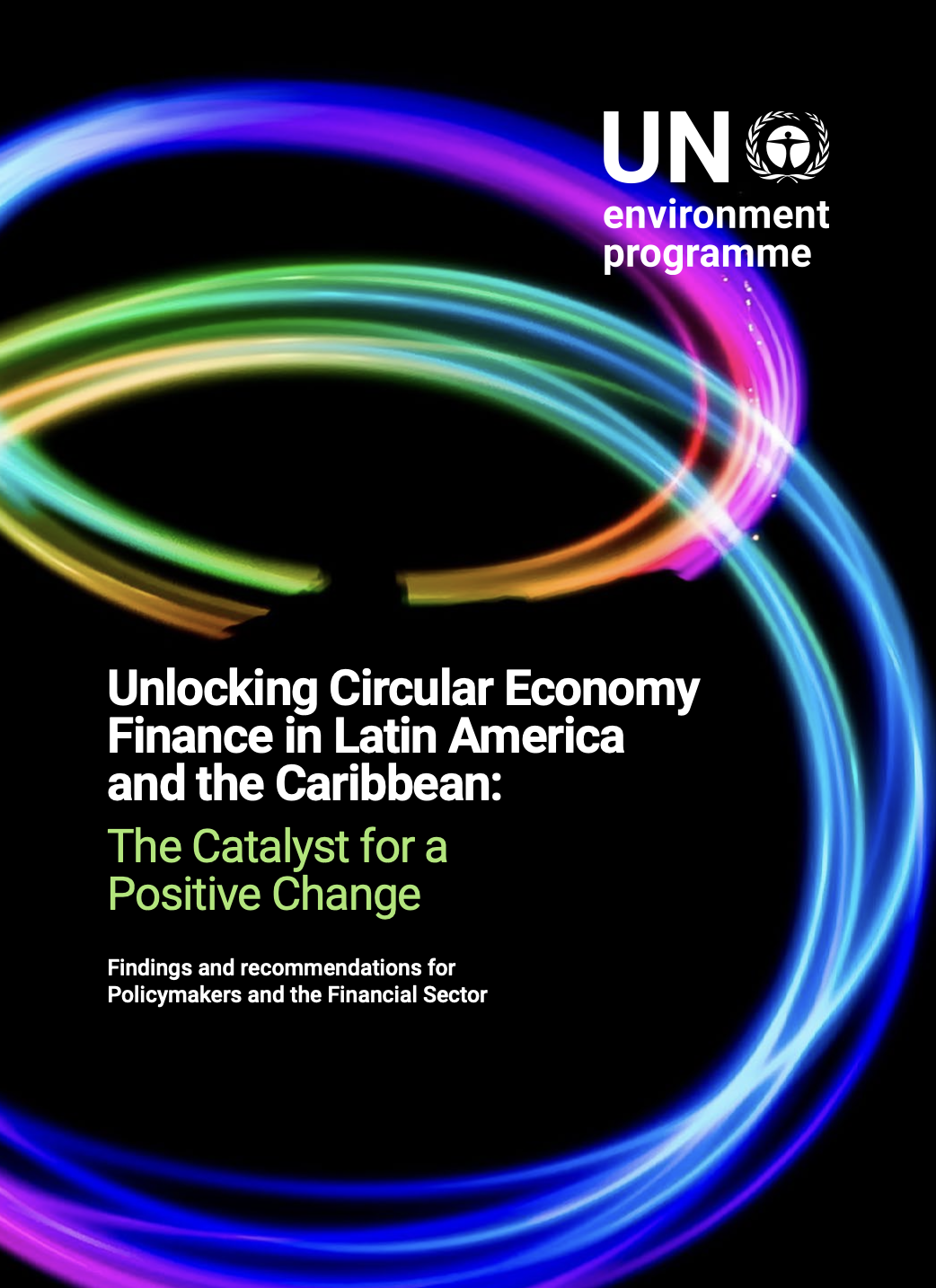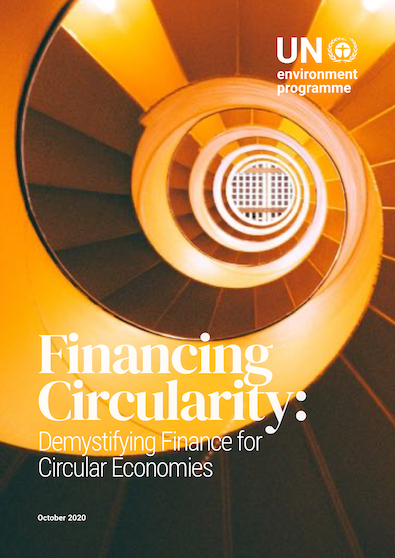In a world of finite resources and mounting environmental challenges, the traditional linear model of take-make-dispose is no longer viable. The circular economy offers a transformative approach that prioritizes the continual reduction, reuse, refurbishment, and recycling of products and materials. It thereby conserves precious resources in the face of increasing supply chain disruptions, resource scarcity, and volatility of resource prices. The shift to a circular economy also reduces the generation of waste and greenhouse gas emissions, making it an essential strategy in the fight against climate change, pollution and biodiversity loss. Besides increasing environmental resilience, the circular economy offers a systemic solutions framework with substantial economic and societal benefits such as job creation and innovation, increased competitiveness, enhanced resilience of businesses, cost savings as well as improved social equity and well-being by ensuring a just transition for all communities affected.
The global financial sector plays a pivotal role in scaling up finance for pollution-free and circular solutions, by funding innovative businesses that prioritize circular design, resource efficiency and waste reduction. Financial institutions can also leverage their influence to drive policy changes and industry standards that favour circularity. UNEP FI engages the financial sector and builds capacity to accelerate the transition to a circular economy, focusing on high impact sectors such as agri-food systems, buildings and construction, textiles or plastics. Our aim is to raise awareness and share knowledge on pollution-related financial risks and impacts and catalyze circular economy financing through global and regional initiatives, and research. UNEP FI also supports financial institutions in understanding and operationalising the nexus between circular economy, climate, nature, pollution and the social agenda and incorporating circular economy approaches in target setting and action plans.
Get involved
For banks: Join the Principles for Responsible Banking working group on circular economy
A group of banks is currently looking at the nexus between the circular economy and the climate, nature, pollution and social agendas to contribute to the development of a new guide for banks, with a first focus on the connections between the circular economy and climate mitigation. If you are interested in joining the working group or to find out more, please contact Kavita Sachwani or Simona Weber.
Resources
 |
For banks: The Principles for Responsible Banking’s Guidance on Resource Efficiency and Circular Economy Target Setting (2023) includes a common pathway to impact and core indicators to guide good practices in the banking sector, measure progress, and foster active collaboration to drive results for people and planet. It has been designed to support banks in offering financial products and services that increase the circularity of their clients’ activities. |
|
 |
For all financial institutions: Unlocking Circular Economy Finance in Latin America and the Caribbean: The Catalyst for a Positive Change (2023) presents a first diagnosis of the potential to unlock circular economy finance in Latin America and the Caribbean. Through an analysis of public policies and financial instruments for circularity in seven countries, it provides recommendations to advance circular economy implementation and increase the circular financing available in the region. | |
|
|
For all financial institutions: Financing Circularity: Demystifying Finance for the Circular Economy (2020) outlines how the financial sector can scale up financing to accelerate the shift to circular business models in order to keep resources at their highest value long-term and to reduce waste. The landmark report also explores strategies and actions that financial institutions can take to manage related risks and opportunities.
The Circular Economy as an Enabler for Responsible Banking series of resources helps banks around the world operationalise the interlinkages between the circular economy and climate, nature, pollution and healthy and inclusive economies. It provides actions for signatories to the Principles for Responsible Banking to move from setting sustainability targets to implementation, emphasising the integration of circular economy principles in their lending and investment decisions for high impact sectors. |




